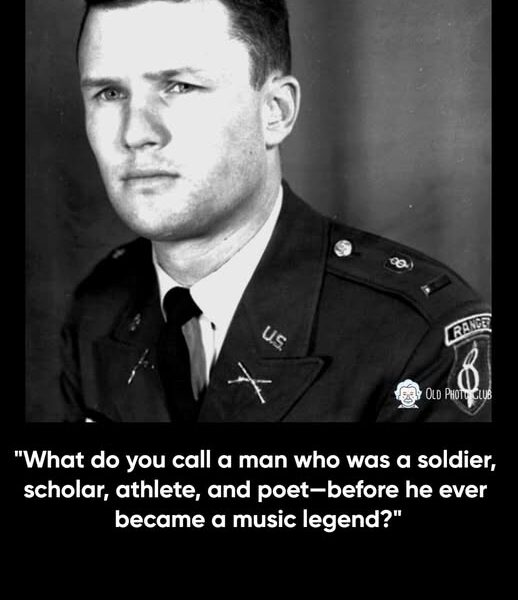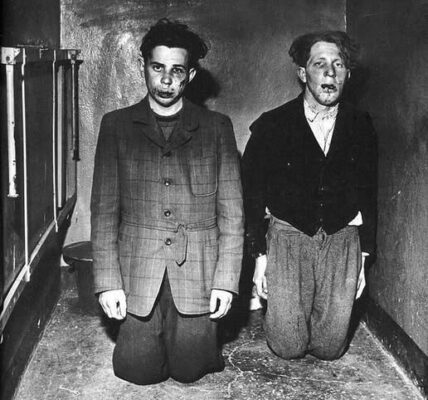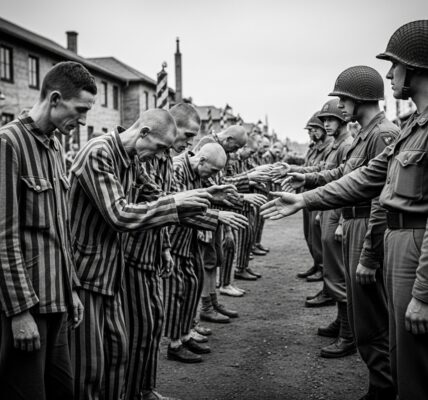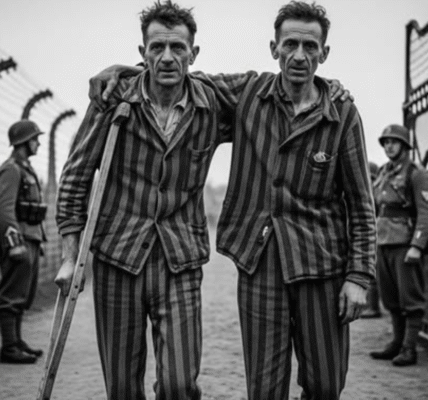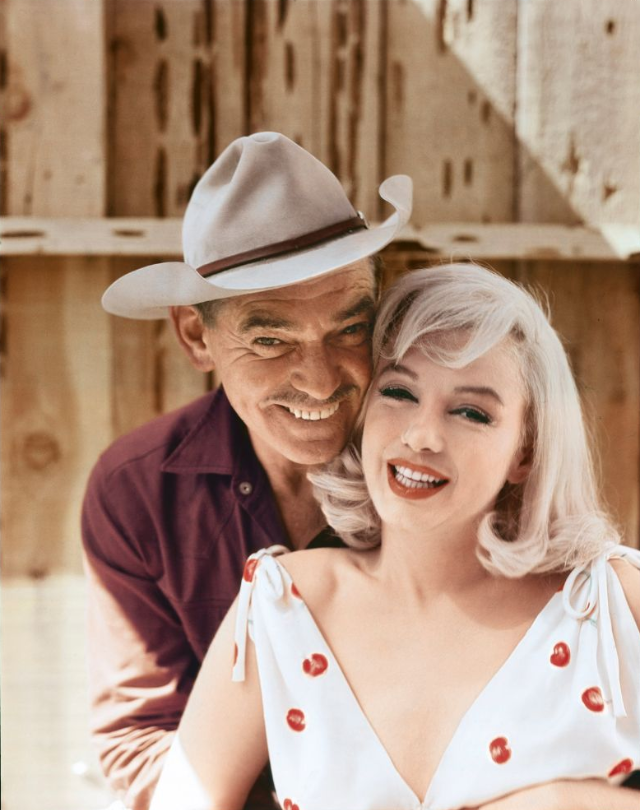Before the Legend: The Many Lives of Kris Kristofferson
Before Kris Kristofferson ever became known as a music legend, he had already lived a life filled with extraordinary chapters. Soldier. Scholar. Athlete. Poet. Helicopter pilot. Hollywood actor. And finally, one of the greatest American singer-songwriters of all time. His journey is more than a career arc—it is an inspirational life story of resilience, sacrifice, and the courage to chase dreams against all odds.
In a world where people are often defined by a single accomplishment, Kris Kristofferson stands as proof that one man can live many lives, each as meaningful as the last. His path—from Oxford scholar to country music icon—remains one of the most fascinating and moving stories in American cultural history.
Kris Kristofferson was born in Brownsville, Texas, in 1936. His father was a U.S. Army Air Corps officer, and discipline was stitched into the fabric of his childhood. Growing up in a military family meant constant moves, a strict household, and the weight of expectations. Yet even as a child, Kris had a spark that set him apart: a love for words and stories, and an eagerness to live life to its fullest.
At Pomona College in California, Kristofferson seemed destined for greatness. He was not only a standout student but also a natural athlete, excelling in football, rugby, and boxing. As if that weren’t enough, he was also a Golden Gloves boxer—a testament to his toughness and drive. Teachers quickly recognized that beneath the physical grit lay a mind built for scholarship. A professor encouraged him to apply for a Rhodes Scholarship, and in 1958, he won.
Oxford University was more than a prestigious stop in his academic career—it was where Kris Kristofferson first gave voice to his inner poet. Immersed in literature and philosophy, he began to experiment with writing in earnest. Poems, short stories, and eventually songs flowed from his pen.
The young Texan also absorbed the culture of Europe, gaining a broader worldview that would later shape his songwriting. He wasn’t just a cowboy poet in the making; he was a man who had walked the streets of England, debated with some of the world’s sharpest minds, and wrestled with the eternal questions of life, love, and purpose.
At Oxford, Kristofferson also pursued his love for music, playing in bands and discovering that words could live not only on the page but also in melody. The seeds of his future as a songwriter had been planted.
When Kristofferson returned to the United States, many assumed he would pursue academia or writing. Instead, he chose duty. He enlisted in the U.S. Army and trained as a helicopter pilot. His military career advanced quickly—he rose to the rank of captain and was even offered a teaching position at the prestigious U.S. Military Academy at West Point.
But despite his success, Kris knew his heart was not in a military career. Deep inside, he carried songs waiting to be sung. Against the expectations of his family and mentors, he made a decision that would change his life forever: he turned down West Point and chose to chase music instead.
Kristofferson’s leap of faith landed him in Nashville, Tennessee—the beating heart of country music. But Nashville was not kind at first. He worked odd jobs to survive, including as a janitor at Columbia Recording Studios. He swept floors and emptied ashtrays while dreaming that one day, his songs would echo through those very hallways.
He wrote constantly, crafting lyrics that were raw, poetic, and brutally honest. His songs captured the struggles of everyday Americans—loneliness, heartbreak, faith, and redemption. Yet for years, nobody seemed to notice.
Then came the moment that changed everything. Johnny Cash recorded “Sunday Mornin’ Comin’ Down,” one of Kristofferson’s most soul-stirring songs. The track resonated with millions, won the Country Music Association’s Song of the Year award, and announced to the world that a new voice had arrived in country music. Overnight, the janitor became a songwriter whose words would shape a generation.
With Johnny Cash’s stamp of approval, the doors of Nashville finally opened. Soon, other legends like Ray Price, Waylon Jennings, and Janis Joplin recorded his songs. “Me and Bobby McGee,” immortalized by Joplin, became one of the defining songs of the 20th century. His catalog grew into anthems of country music and Americana: “Help Me Make It Through the Night,” “For the Good Times,” and “Why Me, Lord?”
Kristofferson’s songs were more than entertainment—they were emotional lifelines. They spoke to soldiers returning from the Vietnam War, to dreamers chasing uncertain futures, to lovers nursing broken hearts. His ability to translate the human experience into verse and melody cemented him as one of the greatest American singer-songwriters.
Not content to remain only in music, Kristofferson entered Hollywood. His rugged looks, deep voice, and authentic presence made him a natural on screen. He starred in dozens of films, from westerns to dramas, and his role opposite Barbra Streisand in A Star Is Born (1976) won him a Golden Globe.
Acting brought him new fame, but it never overshadowed his songwriting. Rather, it revealed another dimension of his artistry. Whether on stage with a guitar or on screen before a camera, Kristofferson embodied authenticity.
Kris Kristofferson’s story is not just about success—it is about resilience. He faced rejection in Nashville, disappointment in the Army, and the loneliness of chasing dreams no one else believed in. Yet he pressed on, guided by a conviction that art mattered and that living authentically was worth every sacrifice.
Today, Kristofferson is recognized as a pillar of country music, an actor of depth and substance, and above all, a poet who gave voice to the struggles and triumphs of ordinary people. His life demonstrates that resilience is not about avoiding failure but about continuing to rise after each setback.
What do you call a man who was a soldier, scholar, athlete, and poet before he ever became a music legend? You call him Kris Kristofferson. His journey reminds us that human beings are not meant to live in a single box or identity. We are capable of reinvention, of chasing passion even when the world tells us to play it safe.
Kris Kristofferson’s inspirational life story is a beacon for dreamers everywhere. Whether you are a young artist, a soldier coming home, or simply someone yearning for more, his legacy whispers the same truth: it is never too late to follow your heart. Sometimes, walking away from certainty is the bravest step you can take.
